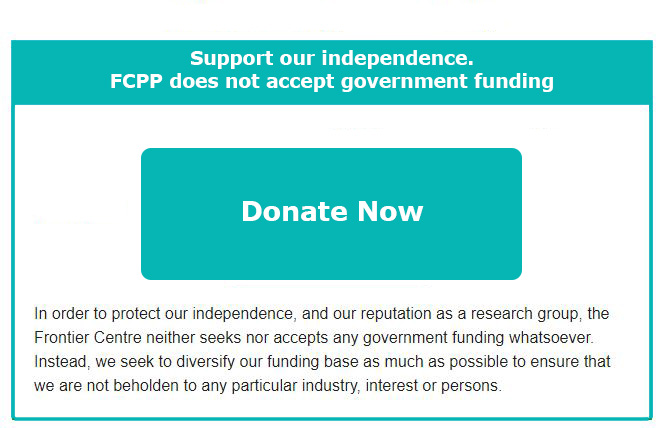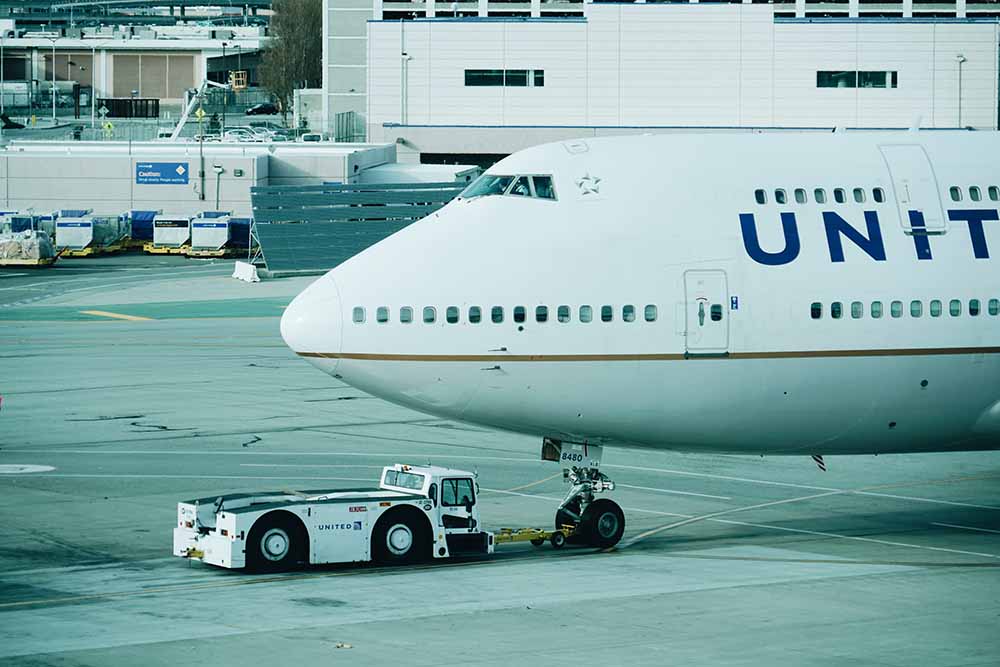I’ve flown on a lot of planes over the years. Each one of them landed safely, thanks to the pilots in the cockpit.
However, I don’t remember the name of a single one of those pilots. Nor do I recall their gender, race, sexual orientation, or religion. That’s because none of these things matter when flying a plane.
Unfortunately, one major airline seems to have a different priority. Last week, United Airlines announced that it intends to focus on diversity when recruiting and training new pilots.
“Our flight deck should reflect the diverse group of people on board our planes every day,” stated United Airlines. “That’s why we plan for 50 percent of the 5,000 pilots we train in the next decade to be women or people of color.”
With this announcement, the airline ignited a storm of controversy. While some people praised United for its commitment to diversity, many others criticized the airline for engaging in meaningless virtue signalling. Instead of bringing people together, United drove people apart. This couldn’t have happened at a worse time for an industry decimated by the COVID-19 pandemic.
However, I have no sympathy for United. In fact, I hold them responsible for their current predicament.
That’s because this controversy was completely unnecessary. Instead of publicly announcing a hiring quota, the company could simply have stated that people from all backgrounds are welcome at United. Here’s what United should have said instead.
“Our company welcomes all qualified individuals regardless of race, gender, sexual orientation, or religion, to apply to our pilot training academy. Because the safety of our passengers is our top priority, we are committed to placing the best pilots in the cockpits of our planes.”
Imagine how much better this statement would have been received by the public. Instead of igniting a pointless controversy about hiring quotas, United could have reaffirmed its commitment to excellence while making it clear that the role of pilot is not limited to white males. It could have been a win-win situation for everyone.
In a later attempt at damage control, United claimed that it was not lowering its standards and that all pilots would still meet or exceed basic standards. However, a hiring quota means that something other than skill or achievement will be taken into consideration in the selection process. This is wrong. When it comes to flying a plane, the skill of the pilot matters far more than their race or gender.
Now, one might respond to this argument by suggesting that United has systemic barriers in place that make women and minority applicants uncomfortable at their training academy. If this is the case, United should do what it can to remove these barriers. In other words, focus on correcting the problem rather than on crafting politically correct diversity statements.
Incidentally, if United really is concerned about diversity, it might want to consider diversifying its own executive leadership team, most of whom appear to be white males. Perhaps several of these executives should immediately resign so that they can be replaced by people from more diverse backgrounds.
Of course, the best approach is for everyone to stop obsessing about characteristics such as race and gender. Skills, qualifications, and character are the most important things in any workplace.
When I get on a plane, I want the best pilots in the cockpit. I think most other passengers would agree.
Re-published from The Winnipeg Free Press.
Michael Zwaagstra is a public high school teacher, a senior fellow with the Frontier Centre for Public Policy and author of A Sage on the Stage: Common Sense Reflections on Teaching and Learning.
Photo by Nick Herasimenka on Unsplash.



